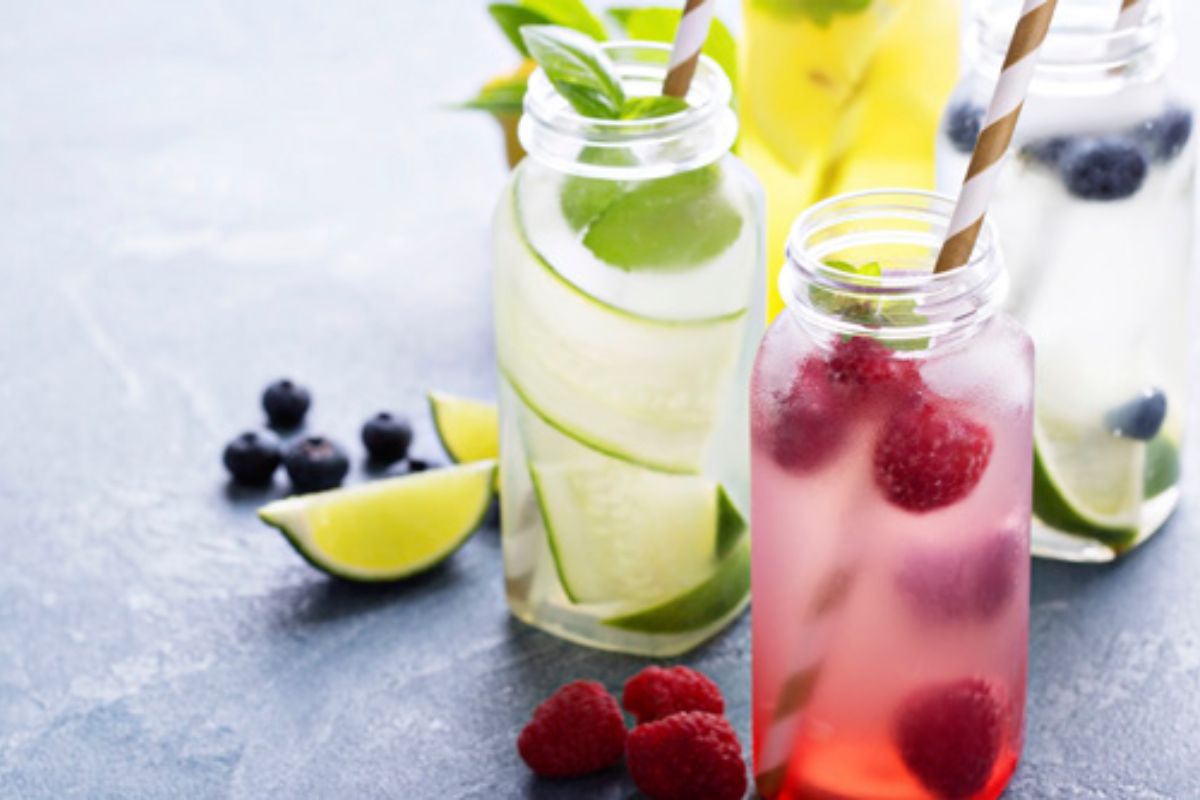FMCG Trends: Consumers shift to ’healthier’ soft drinks - carbonate and sugar are limited
With price, convenience and taste arguably three of the most important factors for an industry like soft drinks, recent research from Play Innovation says that consumer demand for natural, healthy and sustainable products is now coming into play.
Monday, July 10, 2023

According to this research, the highly competitive soft drinks industry is struggling to stay at the top of the fast-moving consumer goods (FMCG) market in the face of increasing pressure to reduce the use of plastics, but also to reduce sugar consumption.
The soft drink manufacturing industry has grown by 1.7% over the past five years
The research states that, based on a related report by IBIS World, the soft drinks industry has grown at a modest annual rate of 1.7% over the past five years. Products such as energy drinks have "supplemented" this growth, but the decline in soft drink consumption has limited the revenues of companies in the industry.
It is noted that modern consumer trends have changed the data, shifting the demand from carbonated products with sugar, to more alternative soft drinks which are in line with the trend for healthy eating. Additionally, as price competition increases due to strong demand for private label products, alongside the fact that profit margins are gradually shrinking, high-nutrition alternatives (especially low-sugar products) are the emerging market players in fast moving consumer products. In the near future, non-carbonated drinks are expected to surpass their carbonated "competitors", according to Play Innovation.
51% of respondents expressed that they always look for sugar-free foods and drinks
In particular, there are four key factors influencing the shift towards healthier soft drinks. Firstly, many consumers not only limit calories in their diet, but also seek out soft drinks with high nutritional value. The survey found that 61% of Australian consumers said they care less about counting calories and more about the nutrient content of food and drink.
Also, the anti-sugar "movement" had a big impact on purchasing decisions. Australian consumers are already making changes based on this factor, with 51% of survey respondents saying they always look for sugar-free foods and drinks.
It is worth mentioning that among the main factors is the fact that consumers are turning more and more to natural products with the aim of strengthening their health against conventional options with "artificial taste". In particular, ready-to-drink teas and products with natural sweeteners are largely responsible for reducing the consumption of traditional carbonated soft drinks.
Today’s consumers care about the integrity and values of a business. They want them to have a positive impact on the world and the environment, and therefore make more conscious purchasing decisions. In particular, 83% of respondents to the Play Innovation survey expressed a preference for brands that show transparency in how food and beverages are processed.
61% also pay more attention to local brands and small manufacturers than a few years ago.
USA: Growth in the FMCG category comes mainly from ready-to-drink coffee
Focusing on the US, Americans’ individual consumption of soft drinks has been gradually declining since 2016, according to the survey findings. However, growth in the FMCG product category is mainly coming from ready-to-drink coffee (especially cold coffee). In reference, ready-to-drink cold coffee is seen as a healthier alternative to energy drinks and classic soda in America.
Source: Food Reporter #0986/2023-07-03
